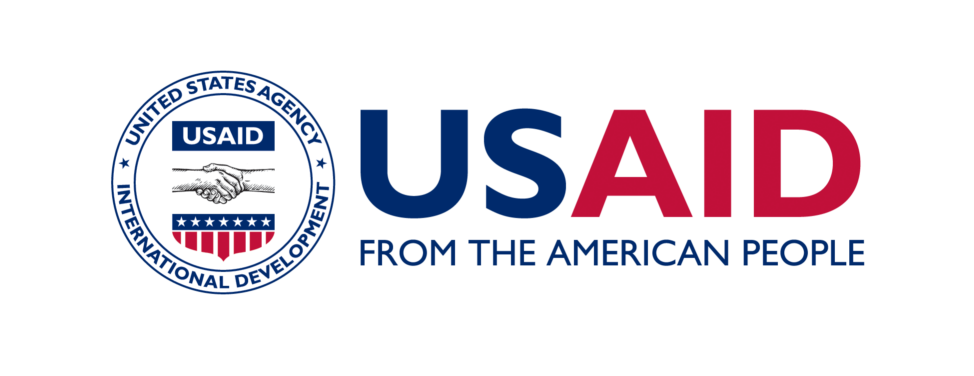Projects
MCD 46 project
The specific objectives of the project:
In Hai Phong province, the project aims to reduce risk and improve livelihoods of 1.600 vulnerable people (50% of population of 03 target coastal communes: 850 women and 750 men) including poor, landless, disabled and women-headed households, in 03 targeted coastal communes in Cat Hai district to the unavoidable impacts of climate change.
In Nam Dinh province, the project aims to reduce risk and improve livelihoods of 15.671 vulnerable people (30% of population of 05 communes: 8.000 women and 7.671 men) including poor, landless, disabled and women-headed households, in 05 targeted coastal communes in Giao Thuy district to the unavoidable impacts of climate change.
In Thai Binh province, the project aims to reduce risk and improve livelihoods of 6.716 vulnerable people (40% of population of 03 communes: 3.516 women and 3.200 men) including poor, landless, disabled and women-headed households, in 03 targeted coastal communes in Tien Hai district to the unavoidable impacts of climate change.
The mobilization phase of the MCD 46 project is implemented with development of partnerships with local province, district, commune level and various stakeholders. The main activities which was conducted including Participatory capacity and vulnerability assessment, baseline survey, selected livelihood models, target groups in 11 communes.
| The targeted areas |
In total, there are 11 communes in 03 districts in 03 provinces |
| The project period | 29 months (9/01/2012 – 12/31/2014) |
| Project lead | Oxfam (Oxfam Australia for Contract Management, Oxfam in Vietnam for implementation in Vietnam). Oxfam Australia, Oxfam Great Britain and Oxfam Novib will be working with the following partners to implement the project: Centre for Marinelife Conservation and Community Development (MCD), Hanoi, Vietnam which implements the project in Red River Delta area. |
| Expected Results | Outcome 1: Awareness of local Climate Change impacts for poor vulnerable people (in particular women) raised and they work with local authorities to integrate adaptation and risk reduction into local management and development plansOutput 1.1: PCVA and baseline surveys conductedOutput 1.2: Capacities of local authorities and communities strengthened, regarding risk management and adaptation to the unavoidable impacts of climate changeOutput 1.3: Results of PCVAs integrated into local planning processesOutput 1.4: Community Climate Change and DRR Adaptation Fund established and managed by community and local government
Outcome 2: Increased livelihood and eco-system resilience of the most vulnerable coastal communes to climate change Output 2.1: Co-management approach for managing critical coastal resources are applied by local government and communities Output 2.2: Community Livelihood Adaptation Fund established and managed by community and local government Output 2.3: Participatory CC livelihood adaptation activities implemented and supported by local authorities Outcome 3: Project learning contributes to improved community-based CCA, DRR and natural resource management practice and policy Output 3.1: Lessons learnt and good practices in CCA and CBDRM for vulnerable coastal communities documented Output 3.2: CCA/DRR/CC adaptive coastal livelihoods and resource management experiences and lessons shared and advocated in different targeted forum |
| Main beneficiary groups |
|
| Documents related to the project |
|


























